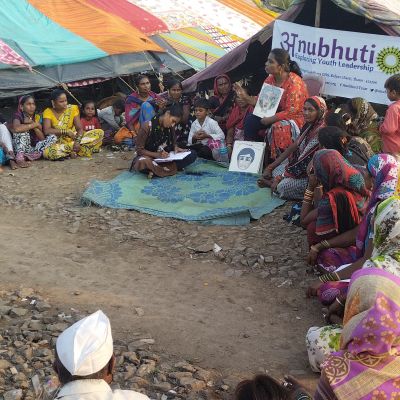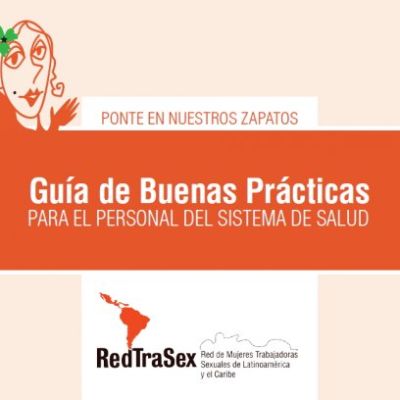healthcare
How did isolation work for those of us who are already quarantined in perpetuity by the cis-heteronormative gaze?
Getting to know who I really am has been a game changer. Prejudice, anger, control and violence all emerge from fear.
Ensuring the protection of sex workers’ physical and emotional wellbeing, as well as safeguarding their rights to life, profession, labour freedom, health, and reproductive and sexual rights is fundamental within a constitutional democratic society.
What vindicates the argument that women with disabilities (WWDs) should be deprived of sexual and reproductive healthcare and rights is scary. Harmful stereotypes of WWDs include the belief that they are hypersexual, incapable, irrational and lacking control. These narratives are then often used to build other perceptions such as that WWDs are inherently vulnerable and should be ‘protected from sexual attack’.
Apart from systematic exclusions faced by individuals, evidently the mandatory use of a biometric-based digital ID has also reshaped the understanding of an individual’s agency and right to bodily autonomy. Gender and sexuality seem to no longer be matters of an individual’s right to privacy. With digitisation, disclosure of one’s gender and sexuality has become a hindrance to accessing one’s rights.
किशोरों में यौनिकता विषय पर चर्चा करना आरंभ करने पर कानून, आयु, मान्यताएँ व स्वास्थ्य जैसे अनेक ऐसे मुद्दे भी…
“How different it would be if for a moment health care providers could feel what we feel when we go to a hospital and are challenged…”
And so, the women sex workers of RedTraSex (Network of Women Sex Workers from Latin America and the Caribbean) developed Ponte en Nuestros Zapatos (re-edited 2015). Now, reaching out to a wider community, is the brand new English version Walk in our Shoes: Good Practices Guide for Health Care Staff (2016, translated by Alejandra Sardá-Chandiramani). Yes, it is so brand new that it is not up on their website as yet, though we have permission to use it here.
In Peshawar alone, the community consists of over 500 transgenders. At least 20 per cent of these have AIDS. Their risk of contracting AIDS is higher, since 59 per cent of khawaja saras report to have at least one sexually transmitted infection.









